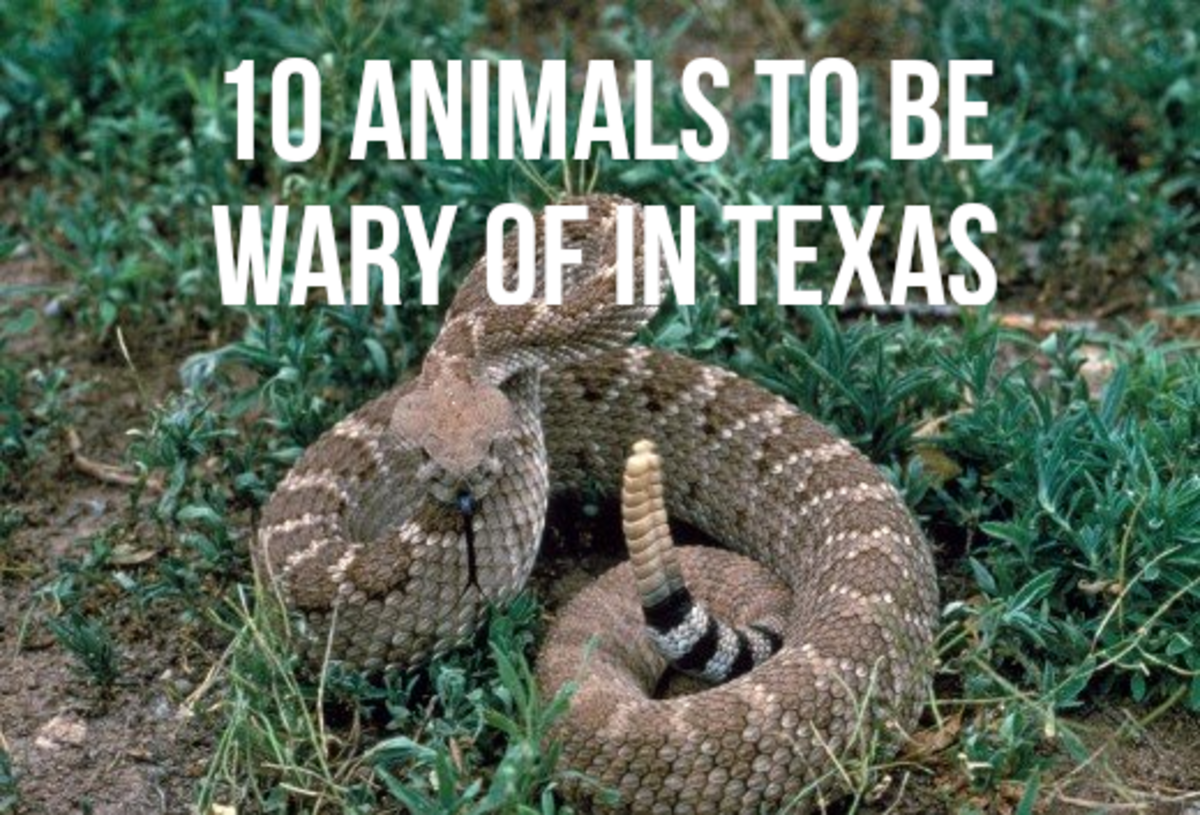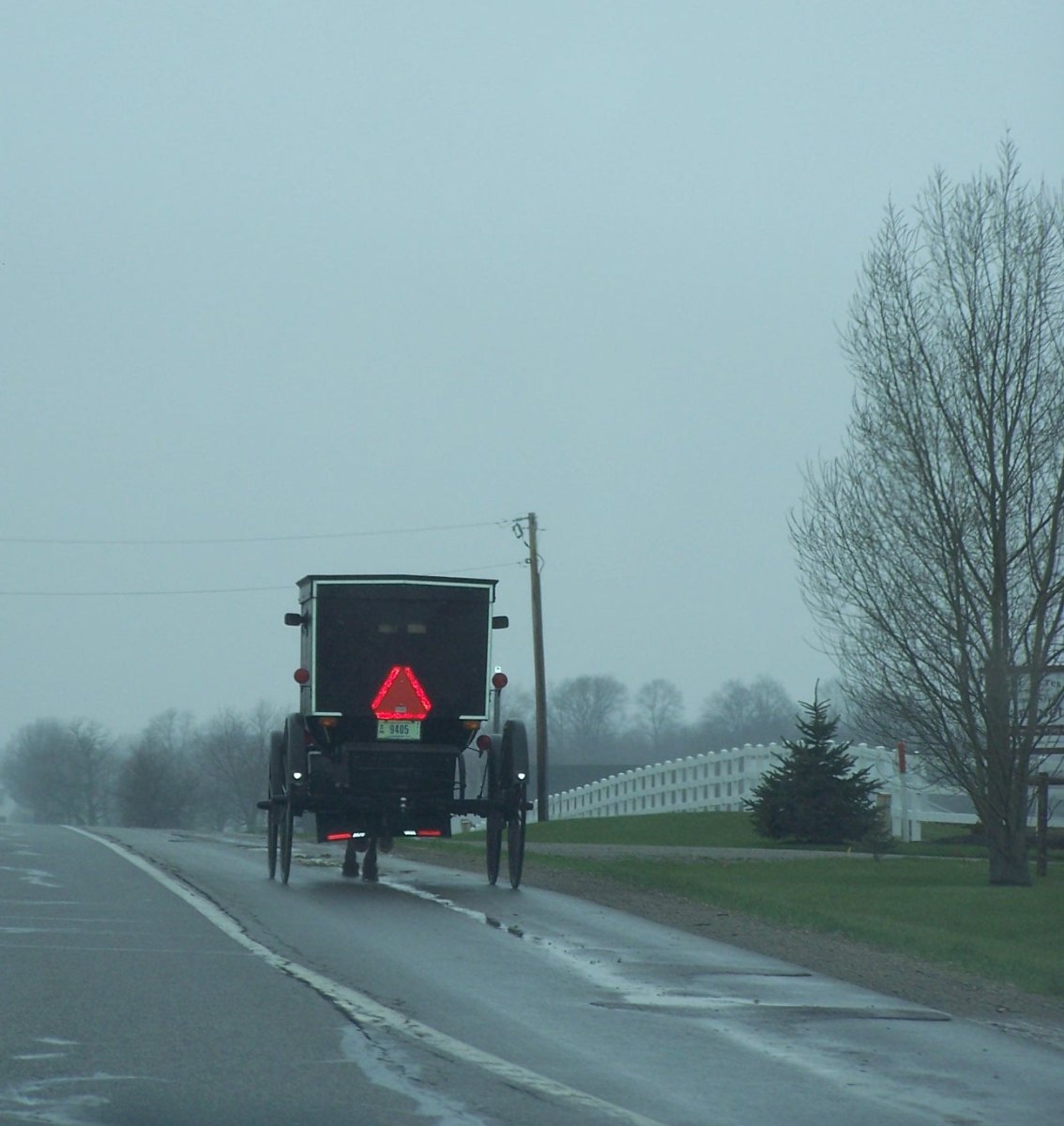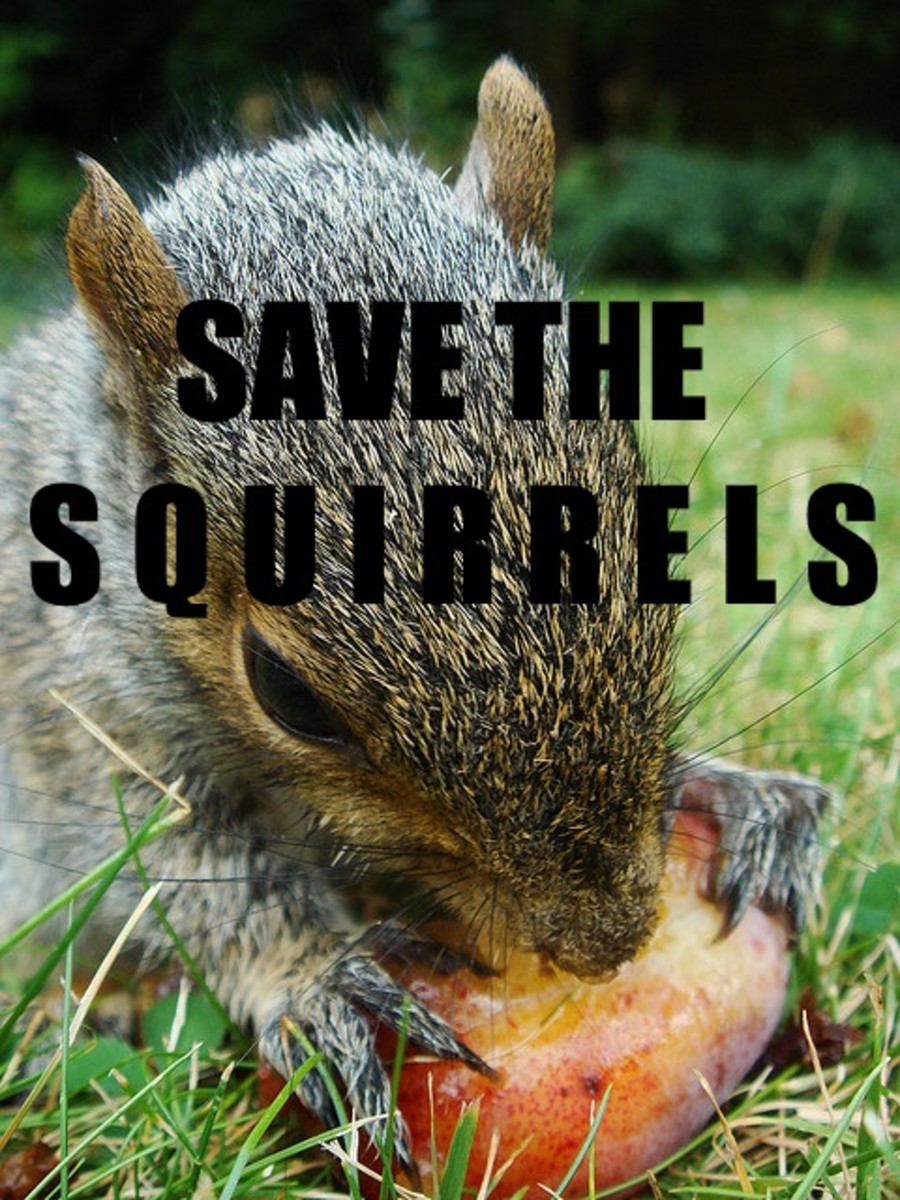Foods Toxic to Dogs and Cats

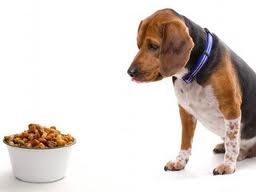
When it comes to caring for our beloved pets, many pet owners go from one extreme to the other. There are those who dote on their pets. They will pamper and lavish on them and treat them as humans smothering and driving them to the brink of madness. Then there are those who do not put much care into their little lives and go as far as neglecting and abusing them. Sadly I’ve seen too often pet owners who expose their pets to extreme heat or freezing cold weather, and never even bother to take them to a vet for their care even when they are sick.
Both extremes are bad. There should always be a balance in how we care for our pets. If we decide to adopt a pet, it should be done responsibly. If we are not going to care for them appropriately, then we should not consider adopting one. They are not toys to play with and they are certainly not humans that we have to dress them up for every occasion neither should we allow them to have run of the house like spoiled children. They are also living creatures not impervious to pain, sickness, heat, or cold. They feel pain, discomfort, and hurt just like us. They can get sick and suffer from diseases just like humans, and they need care just like their human companions.
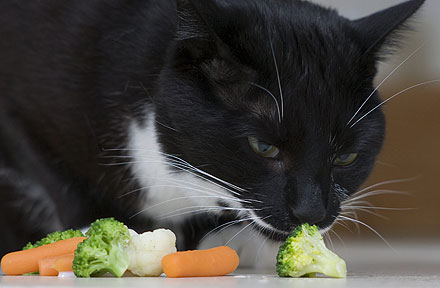
When it comes to our pet's food, here again we can go from one extreme to the other. Many pet owners buy the cheapest supermarket food on the shelves and/or feed them table scraps. On the other end of the spectrum, many pet owners spend lavishly on them and are very selective of what their pets eat, this is not necessarily bad but these pet owners also need to educate themselves as to what is put into these foods.
When feeding our canine or feline friends, it’s important to know what is beneficial and what is not. Cheap supermarket dog and cat food is full of meat-by-products that are harmful to your pet. The ingredients in these foods can cause many diseases in your pets and shorten their lives. Furthermore, many of the allergies our pets may be suffering from may be caused by the things we are exposing them to in our homes, including the foods we feed them. It’s been known that many of these things we expose them to have been known to cause cancer as well.
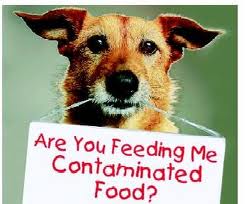
Moreover, if we feed our pets human foods, we can be causing them more harm than good. That grape or piece of chocolate chip cookie we give our dog or cat could actually make them very sick. If there are children in the home, we will find our pets around children more often when they are eating than at any other time and this is when accidents happen. The snacks we give our children can harm our pets if they consume these foods. Therefore, education is the key to having a healthy long-living pet.
Foods toxic to dogs and cats
Many pet owners are unaware of the toxicity and harmful foods we could be giving our pets. Here is a list of human foods that can be toxic and harmful to your dog or cat.
AVOID
| WHY
|
|---|---|
ONIONS AND GARLIC
| Both contain N-propyl disulphide and sulfoxides, which will cause the Heinz anemia in dogs. Avoid giving even in small amounts.
|
CHOCOLATE
| Chocolate can be fatal to dogs and cats. It contains Theobromine, a compound that is a cardiac stimulant and a diuretic.
|
GRAPES/RAISINS
| Very harmful leading to kidney failure.
|
MACADAMIA NUTS, FRUIT PITS, WALNUTS AND SEEDS
| Can potentially lead to kidney damage or especially in Macadamia nuts, it can lead to poisoning.
|
NUTMEG
| Can cause damage to the central nervous system, and cause tremors and seizures.
|
BONES
| Especially chicken bones should not be given. They can become lodged in the throat or splinter and cause intestinal lacerations.
|
POTATO PEEL, GREEN POTATOES, RHUBARB LEAVES, GREEN TOMATOES (leaves or stems), EGGPLANTS, PETUNIAS, PAPRIKA
| They contain Oxalates, an ingredient harmful to the digestive, nervous, or urinary track. They are not digestible and can cause vomiting, seizures and even death.
|
BROCCOLI
| Is toxic in large quantities.
|
CAFFEINATED DRINKS
| Tea, coffee, soft drinks containing caffeine are dangerous because caffeine causes nervous system damage.
|
YEAST DOUGH
| Can cause rupture of the stomach due to the gas and swelling it produces.
|
SUGAR-FREE FOODS
| They contain Xylitol and have been found to cause liver failure in dogs. Xylitol is also found in chewing gum.
|
FATTY FOODS
| Excessive fatty foods, fat trimmings, foods cooked or fried in oil can cause Pancreatitis.
|
AVOCADO
| Any part of the avocado or avocado tree is toxic.
|
DAIRY PRODUCTS
| This includes ice cream. Some pets cannot digest dairy products and may lead to gas and diarrhea.
|
MUSHROOMS
| Mushrooms can cause liver or kidney damage due to the toxins.
|
SALT, BAKING POWDER, BAKING SODA
| Can cause Electrolyte imbalance leading to muscle imbalance or congestive heart failure.
|
RAW EGGS/ RAW FISH
| Can cause Salmonella poisoning. Raw egg whites contain a substance called avidin. It causes B vitamin deficiency, skin problems and bone deformities. Raw fish can also lead to B12 deficit which can cause loss of appetite and seizures
|
ALCOHOLIC BEVERAGES
| Very dangerous. Can cause coma and even death.
|
PERSIMMONS
| This fruit can cause intestinal blockage.
|
HUMAN MEDICINES, HUMAN VITAMINS, AND IRON SUPPLEMENTS
| Can be deadly. Iron can be toxic for dogs. It causes damage to the stomach and intestinal lining and may attack other internal organs also.
|
LIVER
| Feed only in low amounts. It contains vitamin A that in excess can lead to muscle and bone damage.
|
BABY FOOD
| Often contains onion powder, which is toxic to dogs.
|
SPOILED AND MOLDY FOODS
| Can cause digestive problems and even kidney damage. Keep your pets away from garbage.
|
FISH (see also RAW FISH), CANNED FISH, CANNED TUNA
| Should not be fed in large amounts or exclusively because it lacks proper levels of vitamins and minerals. Can also lead to thiamine deficiency leading to loss of appetite, seizures, and in severe cases death.
|
CITRUS OILS & EXTRACTS
| Can cause vomiting.
|
TURKEY SKIN
| Turkey skin can give your dog or cat pancreatitis.
|
DOG FOOD, CAT FOOD
| Dog foods and cat foods are made specifically for dogs and cats. Dog foods contain ingredients that if consumed repeatedly by your cat, will result in diseases affecting your cat's heart. Cat foods are generally made very high in proteins and fats and are not suitable for dogs.
|
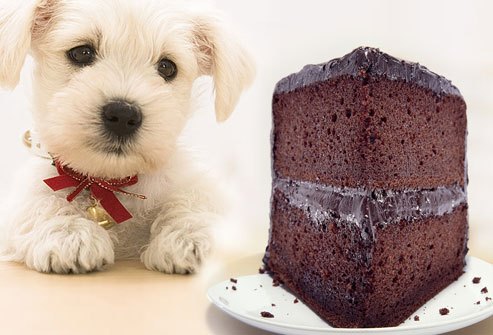
What to do if your pet eats chocolate
Our pets surprisingly will consume almost anything. One treat they often get into around the holidays or special events is chocolate. According to Dr. Andrew Jones, DVM, a holistic veterinarian, “a dog only needs to consume 1/3 as much dark chocolate as opposed to milk chocolate to become seriously ill.” He also adds “the toxic and potentially fatal dose of chocolate is 60mg/kg. So, a 10lb dog only needs to consume 300mg of chocolate. Clinical Signs can be seen as low as 20mg/kg- meaning our little 10lb dog only needs to consume 100mg to have problems. Severe signs are seen at 40mg/kg- or consuming 200mg of chocolate.”
Dr. Jones suggests if your dog/cat consumes 20mg/kg of theobromine or higher, then induce vomiting. He shows us how to purge and delay absorption in the following:
- “PURGE THE POISON. In most cases of poisoning, getting your pet to vomit is the most important thing that you can do. To induce vomiting, give hydrogen peroxide at 1 teaspoon per 10 lbs of body weight. If your pet doesn't vomit in 10 minutes, repeat again. NEVER do more than 2 treatments of peroxide. You can also try salt: dilute 1 teaspoon of salt in a tablespoon of water per every 10lbs of body weight.
- DELAY ABSORPTION. Activated charcoal is readily available at most pharmacies. It delays absorption of any toxin by binding to the toxic compound in the stomach. The easiest way is to give the capsule form. For those garbage-eating dogs (such as my own dog) it is a good idea to have hydrogen peroxide and activated charcoal always on hand.”
And finally, Dr. Jones advices “if your dog is showing any of the clinical signs, such as vomiting, increased drinking, bloating and tremors, then see your Veterinarian IMMEDIATELY. If you are unable to induce vomiting, see your vet ASAP.” You will find these helpful tips and more in his website http://www.veterinarysecretsrevealed.com.
It is wise to keep your local veterinary emergency clinic’s phone number handy as well as the ASPCA Animal Poison Control Center number, which is (888) 426-4435. However, the ASPCA hotline has a fee of $65.00 dollars for their service and you must provide information as to what your pet was exposed to in order to give you proper advice on how to proceed.
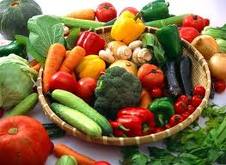
Healthy foods for your pet
There are many foods you can purchase from your veterinarian that contain the appropriate amount of vitamins and minerals your pet needs. However, I do not endorse any pet food company especially after I have read what goes into their foods; this information is easily found in the web and is something I urge all pet owners to research. Pet owners do have a choice in what they feed their pets. However, the choices they make will determine the health and longevity of their canine or feline friends.
I opted to cook for my beloved dogs. After learning that I was unknowingly making my pets sick by what I was feeding them, I decided to educate myself and change their diet to a healthy one. I often cook for them and freeze their meals in portions. The food is made fresh every week and I have peace knowing what goes into their food. I know that the food is not filled with chemicals, preservatives, or fillers and does not contain soy, corn, or wheat, a chief contributor to food allergens. Their meals are mostly concentrated with protein and I try to use whole grains (brown rice) rather than refined grains. Some holistic diets advocate raw meat but I prefer not to do so to be on the safe side.
When cooking for your pet, it is wise to always consult your veterinarian to determine what nutrients, vitamins, and minerals he or she may need for his age, size, and breed. There are many recipes on the internet you can choose from including home-made tasty treats.

Recipe
One favorite recipe I use is very simple.
Ingredients: deboned and skinned chicken, green beans, sweet potatoes (no skin), carrots, and brown rice.
- Cook the chicken in water and also all the vegetables.
- Cook the brown rice separately.
- Drain chicken and vegetables.
- Run chicken and vegetables through the food processor.
- Add all this to the cooked brown rice. If you make enough for the week, you can freeze portions in freezer bags or containers.
You can also substitute hamburger meat, boiled eggs, or canned tuna (in water and in low amounts) for the chicken. I’ve found that if you feed your pet too much chicken, it can cause some intestinal upsets. I also substitute cooked potatoes (no skin) for the brown rice and remember, no seasoning.
You may also feed your pet slices of apples, bananas, and watermelon as a treat but remember to remove all the seeds, leaves, and stems or it will cause them serious problems.
On a final note, when introducing new foods to your pets, first consult your veterinarian. Second, do so by gradually introducing the new food in small increments to the food your pet has been eating. Do this for the next two weeks before fully switching foods. This will avoid upsetting their tummies leading to vomiting and diarrhea.

©Faithful Daughter



